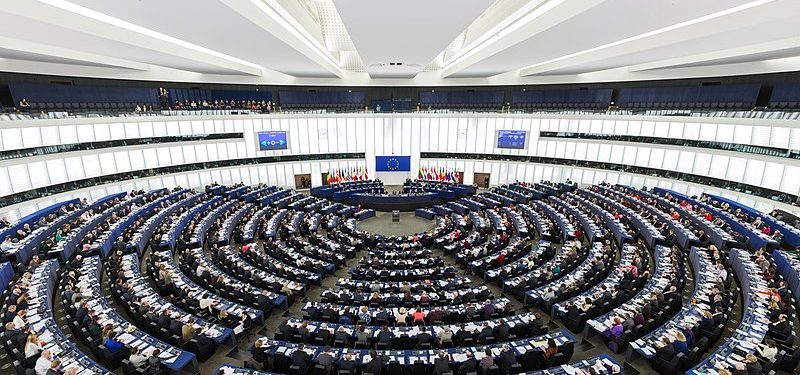The EU’s new seven-year financial framework and coronavirus recovery plan fail to secure and strengthen Europe as a research location, according to three key science organisations.
News and business analysis for Professionals in International Education
Have some pie!
EU recovery plan fails to hit the mark
 The EU’s new seven-year financial framework and coronavirus recovery plan have been criticised by DAAD, DFG and HRK. Photo: Wikimedia Commons
The EU’s new seven-year financial framework and coronavirus recovery plan have been criticised by DAAD, DFG and HRK. Photo: Wikimedia Commons This month, Brussels announced a €750 billion recovery plan called “Next Generation EU”, which will help support member states as they tackle the fallout of the pandemic.
“A targeted increase in funding for European science is required”
But DFG president, Katja Becker; HRK president, Peter-André Alt; and DAAD president, Joybrato Mukherjee have called on the EU to provide programs like “Horizon Europe” and “Erasmus+” with “a better financial structure”.
“We welcome the fact that the European heads of government have reached an agreement and the EU gives a joint response to the coronavirus crisis,” said Alt.
“However, the unique package comprising a recovery plan and a multi-annual financial framework is still not sufficiently geared to the future.”
Alt said that a stronger emphasis on education and knowledge-driven research is “indispensable” and that such an emphasis are the foundations for innovation and successful crisis management.
“A targeted increase in funding for European science is required, particularly a balanced ‘Horizon Europe’ program.
“I appeal to the German government to support the initiative of the European Parliament in keeping with the goal of its Presidency for a more sustainable and innovative Europe,” he said.
The importance of independent and “curiosity-driven” research was also highlighted by Becker.
“Suitable responses to current urgent issues related to the EU can only be developed on the basis of a broad pool of knowledge, and it is precisely because of this understanding that foresight in research funding is now required,” she said.
Becker explained that a lack of investments in research would weaken Europe at the systemic level in the long term.
“The objectives of the European Union can therefore only be achieved with a healthy research budget that draws on the breadth of research approaches and adequately funds basic research, which has already been weakened by the low level of allocation provided by the Next Generation Recovery Fund,” she said.
Mukherjee said that the budget agreed for Erasmus+ and Horizon Europe falls short and that the initial plan to double the budget is “key to creating a digital Erasmus+ program that is more inclusive and sustainable”.
“In this context, we are particularly concerned about the threat to new initiatives such as the European Universities Initiative.
“This initiative, successfully launched within the Erasmus+ program, is already underfunded,” said Mukherjee.
Still looking? Find by category:


